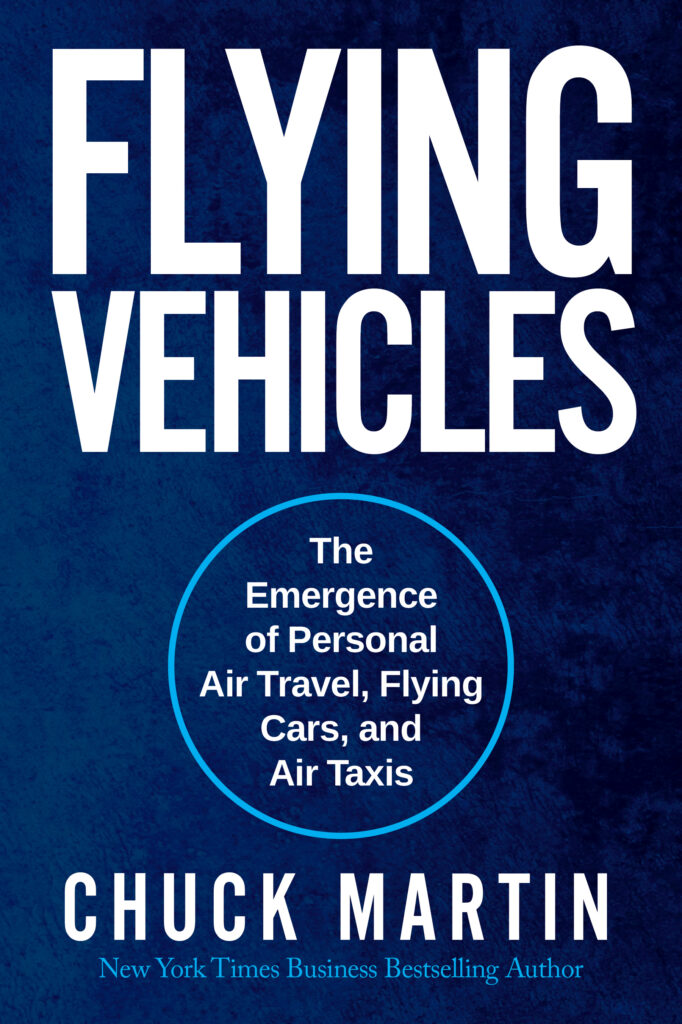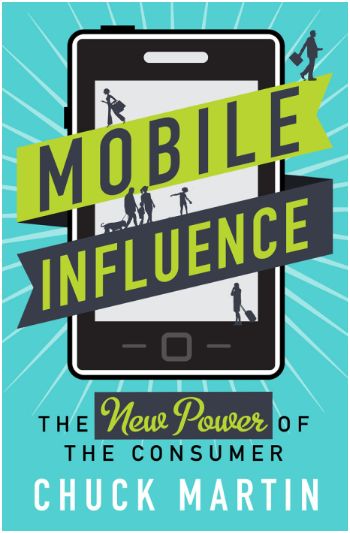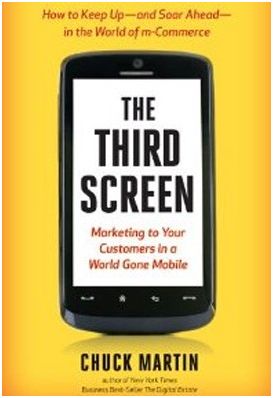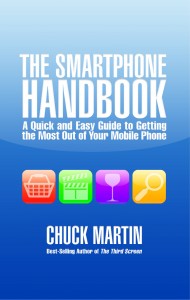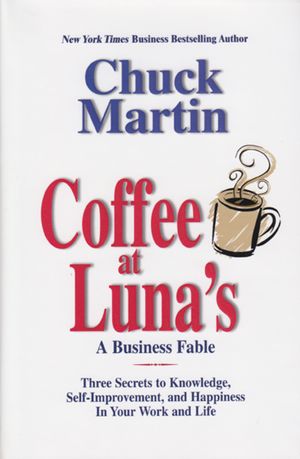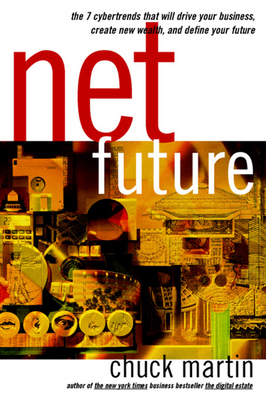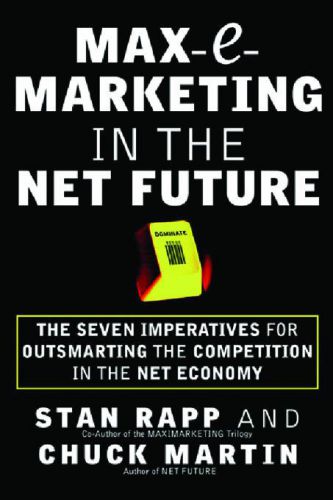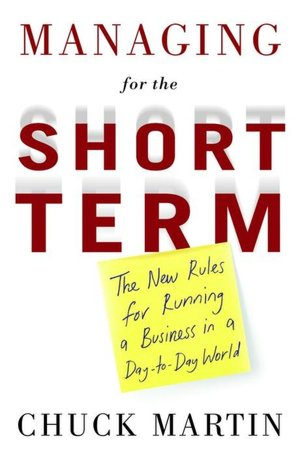Every so often, a company aggressively looks outside its traditional business development processes to either catch up or get ahead in mobile market innovation.
A few years back, PepsiCo created a program called the PepsiCo 10, a process that encouraged employees to look outward seeking ideas being driven by promising startups. The entrepreneurs could submit an online application in one of four categories: mobile marketing, place-based and retail experiential marketing, social media or digital video and gaming. All the proposals were evaluated based on how they could impact brands.
In the PepsiCo program, the startups had to be in technology less than two years, have raised up to $2 million or have revenue of $250,000. The company started with 500 applicants, ultimately narrowed to 20 — all of whom presented to brand managers at PepsiCo. The 10 were selected and then paired with PepsiCo brands to launch pilot projects. Of the 10 selected, five focused on using mobile.
Another such program is well underway, this time at snack food giant Mondelez. In this program, which kicked off in October, the focus is on mobile from the outset.
“The Mondelez program is much more focused than the PepsiCo 10 challenge that preceded it and includes refinements based on past learnings,” says Bonin Bough, vice president of Global Media and Consumer Engagement at Mondelez International. “This is all mobile.”
In his previous position as director of digital and social media at PepsiCo, Bough spearheaded the PepsiCo 10. The Mondelez team last week selected the nine companies to work with. They are:
- Lisnr – An app that allows musicians to interact with their fans while using their phones.
- Roximity— A location-focused app that enables marketers to send personalized offers to consumers as they travel about. Links into Ford and Lincoln AppLink enabled vehicles for hands-free use.
- Waze—The app that, when opened, gathers and contributes traffic and other road data. The user also can enter information, such as accidents or road hazards, to share with other Waze users, presumably typing while stuck in traffic. Kind of like Google Navigation but community-content dependent.
- Shelby.tv – Platform that lets users watch and share videos they like, essentially creating their own channels. Seems the least mobile of the lot.
- Dailybreak – The company creates challenges for brands, such as Chevrolet, Dunkin’ Donuts and McDonald’s, which tests consumers and provides rewards. The key is the integration of advertising with content.
- inMarket – The mobile shopping platform that reaches more than two million mobile-empowered consumers, through shopping apps like CheckPoints, now renamed inMarket. Rewards are provided for scanning items in stores.
- Endorse – The app that provides cash rewards at retail but bypasses the retailer. The shopper scans their grocery receipt and any redeemable offers are automatically credited to the consumer as cash. (I tested and wrote a column about Endorse last year).
- Kiip – An app platform that provides moment-based rewards for various Kiip-integrated games or activities.
- Banjo – An app that aggregates locations of friends via various social network, including Twitter, Facebook and Foursquare.
Of the nine companies, five are from California, and one each from New York, Boston, Denver and Cincinnati. The benefit for each of them is they now get to work alongside Mondelez brands including Oreo, Trident, Sour Patch Kids, Halls and Stride.
PepsiCo and Mondelez are not alone in creating external competitions. Ford held a contest in San Francisco last year with about 100 teams working over a 24-hour-period to conceive realistic apps for cars.
No one yet knows the long-term results of such competitions, but all seem to be looking for new answers. “At the end of the day, it’s not about a successful pilot, it’s not about a new venture,” says Bough. “It’s about transforming the culture.”
In many cases, that is just what some companies need.


